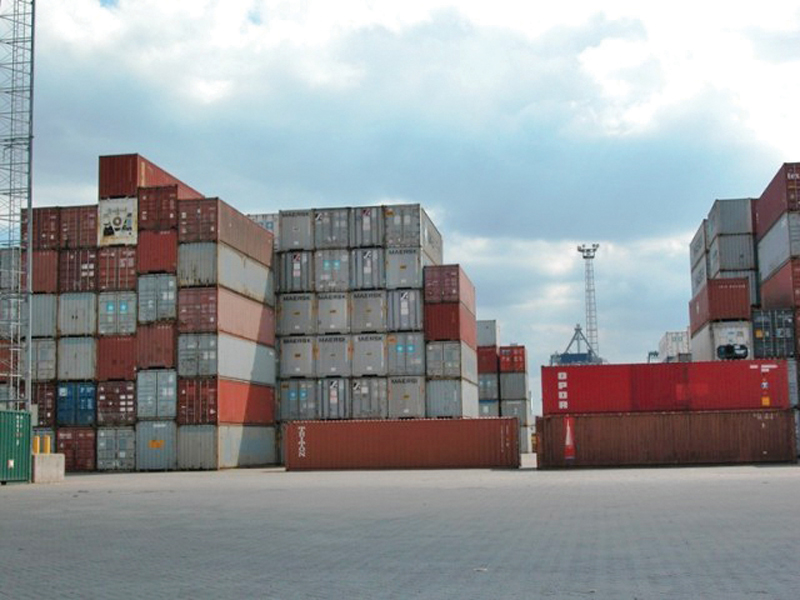
Exporters have urged the Ministry of Commerce to permit export of khashkhash - white poppy seeds - as the Pakistan Standard Quality Control Authority (PSQCA) has recently approved the seed as a food item.
Union of Small and Medium Enterprises (UNISAME) Chairman Zulfikar Thaver said that farmers and exporters were losing opportunities in the global market due to the ban on its exports.
“India and Turkey both are exporting the seed to different countries,” he said, adding that Pakistan was losing business.
He underlined that the export ban on khashkhash was also adversely impacting the trade in other related items like dry fruits and herbs.
Giving the reason, he said that buyers usually tend to import the items collectively from one source country and when they do not get one commodity (khashkhash), they opt for import of all items from other countries.
He highlighted that his association had taken up the matter with the Ministry of Commerce and Ministry of Industries and Production, and expressed hope that it would be resolved.
“Khashkhash, which is a food-grade item being used in food preparation, will be recognised and the stigma of it being a drug will be removed once and for all,” he added.
Talking to The Express Tribune, an exporter of herbs and commodities, Zeeshan Nazim, said that PSQCA, under the Ministry of Science and Technology, recently approved khashkhash (under PS-5501) as food and a food ingredient, thus removing all ambiguities.
“People have developed a wrong perception because it is the seed of opium,” he underlined. “Khashkhash is used in various dishes and considered good for health,” he added.
“Opium is made through a sophisticated process and the raw white poppy seed is healthy,” he pointed out.
He highlighted that Dir and Bajaur areas of Khyber-Pakhtunkhwa (K-P) cultivated khashkhash and from there it was smuggled to Afghanistan.
From Afghanistan, the seed made its way to India and Turkey, mainly through road transit, and then both countries exported khashkhash to different countries under their brand names, he added.
“It is a big loss for Pakistan in terms of foreign exchange earnings.” Nazim remarked.
He said that areas like Bajaur would also get income opportunities if its export was allowed. He revealed that these areas grew around 2,000 tons of khashkhash and could cultivate more if it was legalised.
Nazim highlighted that the Small and Medium Enterprises Development Authority (Smeda) was also in the process of recommending khashkhash exports for the benefit of exporters.
Published in The Express Tribune, November 13th, 2021.
Like Business on Facebook, follow @TribuneBiz on Twitter to stay informed and join in the conversation.


1722586547-0/Untitled-design-(73)1722586547-0-165x106.webp)


1732326457-0/prime-(1)1732326457-0-165x106.webp)




1719053250-0/BeFunky-collage-(5)1719053250-0-270x192.webp)







COMMENTS
Comments are moderated and generally will be posted if they are on-topic and not abusive.
For more information, please see our Comments FAQ